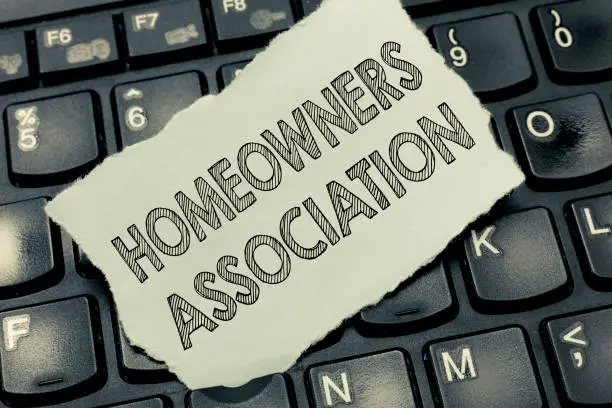Related Posts
When looking to buy a house, you may have encountered an organization known as a homeowner association (HOA). Usually, HOAs are in charge of enforcing the laws in a housing community. So, if you choose to buy a property in a neighborhood with an HOA, you must become a member and follow their rules for HOA coin payment rights. Is paying HOA fees using coins valid legal tender?
If you break the rules, the groups can take legal action against you, claim your property, and charge you fees. Social media users have been going crazy over a video of an HOA refusing payment from a man wanting to pay his fine with coins. Is it proper for the HOA to refuse payment? Let’s find out.
Law on Legal Tender in the United States
The video showed that the man was required to pay a $1,400 fine for parking his truck in his driveway, which violated the neighborhood’s regulations. In response, the man went to the HOA and attempted to pay his debt using pennies.
The HOA, however, refused to accept. So the man said it was a federal law. They added that it was for a fine, money owed, and debt, leaving the pennies with the HOA.
Superstar attorney Ugo Lord pointed out in the video that the HOA is well within the HOA coin payment rights. He said it is legal tender in the United States to pay for something using coins, and the government is required to accept coins as a form of payment.
He then added that the HOA is not the government but rather a private business. Private businesses are not required to accept coins as a form of payment, just like a business can say it doesn’t accept bills above $20 or payments below a dollar. Even though coins are valid legal tender, a business still does not have to accept it.
No law requires private businesses to accept coins as payment. Therefore, it is legal for the HOA to refuse the payment.

Things to Know Before Buying a House in an HOA Neighborhood
HOA neighborhoods can be attractive and secure. Additionally, they don’t joke around with their rules. So, if you are willing to get a house in such places, here are some things you need to know.
HOA Coin Payment Rights, Legal Tender, Covenants, Restrictions, and Conditions
Almost all HOAs, if not all, have authorized covenants, restrictions, and conditions (CC&Rs). Ensure you have the CC&Rs from the HOA or your agent before buying a property in a community with one. Some instances of CC&Rs are:
- Yard work Upgrades
- Putting trailers or RVs in the driveway
- Position and height of fencing
- Colors and materials of the roof and siding
- Parking space for visitors
- Holiday leasing
- Decorations for the yard
Also, after you collect the CC&Rs, make sure they are current. Don’t depend on hearsay or your previous experience in other neighborhoods. Because each HOA may have its regulations, be sure you can live with them.
The Prestige of the HOA Coin Payment Rights
It is important to investigate who is in charge of the HOA to learn how they manage it. You should talk to people who have lived there for years or are currently living there, especially those who are not part of the HOA board.
Ask questions about how the board runs and how it resolves disagreements. Also, look out for signs of ongoing and frequent drama over HOA coin payment rights. This is because HOAs are just like other governing bodies, with petty politics, power struggles, and egotism.
Also, you can arrange a one-on-one meeting with the head of the HOA to decide if you want the person to be your leader and ask the leader if the occupants are willing to serve on the board.
HOA Fees and Luxuries
Any HOA requires funds to operate, which it collects from residents. Depending on the HOA’s policy, residents can pay these fees either monthly or annually. Additionally, fees vary, so it’s essential to ensure affordability before purchasing.
Be informed about the utilities covered by the fees you are paying. You can inquire whether the fees include amenities such as internet or cable. Also, clarify the availability and usage times for amenities like pools, tennis courts, HOA coin payment rights, etc.

